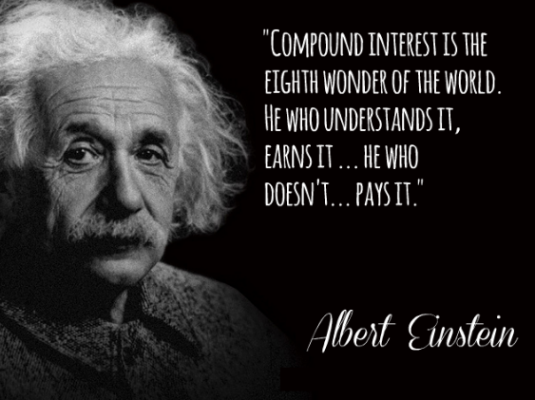If you are married, then a key value of Roth Conversions is to avoid the surviving spouse being in a single bracket someday.
If you are single and will have $3M in your IRA when RMDs kick in, then some of the advantage of Roth Conversions is lost because your marginal tax rate will always be high.
However, unless you are doing such large Roth Conversions early that your marginal tax rate is going down later in life, Roth Conversions should still be a winner for you, especially if you can pay the taxes on them out of taxable. Reducing the taxable balance is a key aspect of Roth Conversions as the benefit of reducing tax drag rises faster than exponentially.
My guess is that you are mistakenly valuing the residual in the IRA as equal to the residual in Roth. That is not purchasing power parity. Unless the money is used for Long Term Care or will be given to a charity, the IRA will have taxes when withdrawn, either by you or your heirs. So roughly speaking, you should apply your marginal tax rate or that of your heirs to the residual IRA balance before making the comparison. The Bogleheads RPM spreadsheet does not do that for you, you have to make that adjustment yourself.


